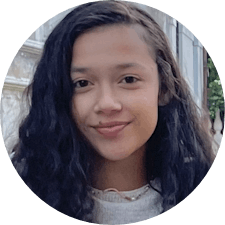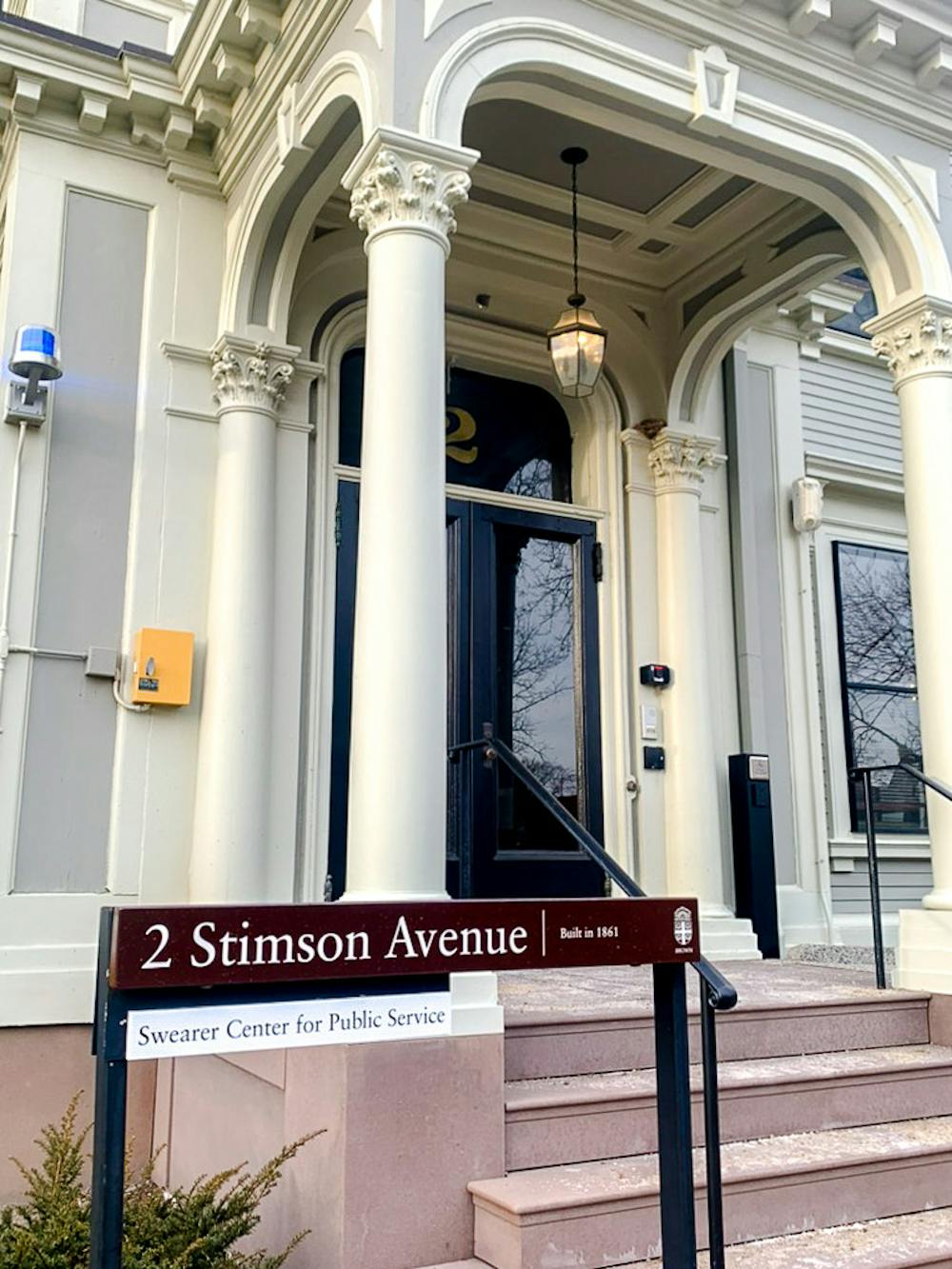This semester, the Swearer Center for Public Service is piloting the Storytellers Program, a project built upon the previously-existing Storytellers Fellowship for students interested in documenting the stories of various community-based organizations. The program aims to connect students to organizations in Providence, giving them an opportunity to document stories and share information about pertinent issues in the community.
The project has seen “a few iterations” since its founding in 2013 and was briefly paused throughout the COVID-19 pandemic, program coordinator and Assistant Director of Communications at the Swearer Center Jessica Pontarelli wrote in an email to The Herald. Now, the project takes the form of a program, rather than a specific fellowship, so that participating students can count their work toward other Swearer Center fellowships.
“This Storytellers project builds from its previous iterations, and from numerous conversations with students, faculty and staff colleagues and alumni,” wrote Mary Jo Callan, executive director of the Swearer Center and vice president for community engagement, in an email to The Herald.
The program’s revival also resulted from discussions and collaboration between the Swearer Center and its local community partners.
“We heard from some partners that capacity-building and other types of resources would be particularly valuable to their organizations,” Pontarelli wrote. “Storytelling was one of the main resources they identified.” This latest iteration of the program “will provide students with the opportunity to engage in ethical and responsible community storytelling,” she added.
“The Storytellers Fellowship existed when I was applying to Brown,” said Karim Zohdy ’25, a program volunteer. “That’s when I first heard about it. We’ve been working to bring it back and breathe new life into the program.”
Students and community partners
According to Pontarelli, the program will specifically focus on uplifting the work of organizations specializing in a variety of issues — including those identified by the Swearer Center’s community partners — such as public health, environmental justice, civil rights and incarceration. Involved students will have the opportunity to review priorities gathered from community partners and select causes they are most interested in, she added.
“These local partner organizations work every day to make Providence and Rhode Island a place where everyone has enough to thrive,” Callan wrote. “They are experts in their work to stem the effects of ongoing racism, growing economic inequities, enduring health disparities (and) increased social isolation and fragmentation.”
“They have stories to tell — big and small, soaring and more routine — about what social change in action looks like,” she added.
According to Pontarelli, the program currently consists of five student volunteers, though others are able to join.
“Any students interested are welcome to be in touch with me directly as we continue to develop the program,” she wrote. “We also will offer it as a track through some of Swearer Center’s programs and fellowships. So, I encourage students to look at those offerings as well.”
According to Callan, the program intends to “connect students who are interested in writing and journalism to those community partners to write stories that highlight the identified themes.”
“Right now we’re in the process of connecting with community partners and trying to set up interviews,” Zohdy said.
Maru Attwood ’24, a program volunteer, explained that she plans to have conversations with community partners to “see what they think are the most important issues (for) people to know about.”
“Then, I can figure out ways to shape my story around that,” she said.
For Attwood, the project is rooted in the desire to utilize the University’s resources to better support local communities.
Both Attwood and Zohdy emphasized that Storytellers does not seek to speak for local organizations, but rather to amplify and garner support for work the organizations have already done.
“One of the goals with our program (and) one thing we’re really trying to do is to just listen and to not impose anything,” Zohdy said. “The goal is to tell the story of a problem and how the (community) partner is trying to solve the problem.”
“The focus isn’t necessarily Brown’s role,” Attwood said. “The emphasis is really not on saying, ‘Oh, this is what Brown is doing for these issues’ — it’s to say that these are the obstacles or growth areas in Providence that community partners are working with, and this is how we can tell stories about them.”
Through the program, Zohdy plans to “listen to the community, try to understand what issues are salient and then write about what is most important in the Providence local area.”
“I’m very excited to get a better understanding of what’s going on outside the Brown community and … the social issues people are trying to solve,” he said.
“It’s a good way … to really do a lot of listening,” Attwood said. “When you go out and interview people, the only way you’re going to tell a good story is by listening.”
Telling ‘stories that matter’
According to Pontarelli, three of the involved students will deliver their stories in written form, while the other two will share reporting through other creative mediums.
“We really want to empower students to take these issues and see where the story takes them, whether that is a short- or long-form narrative, a call to action (or) a performance,” Pontarelli wrote. “It doesn’t have to be a written story, but the focus of all of these stories will be those community-identified priorities.”
Attwood noted that the storytelling encouraged by the program differs from her previous experiences writing for publications.
“These stories can be used by community partners in ways that they want to, and for me that’s a bit of a difference from some of the other writing that I’ve done for newspapers that want to use (stories) in (their) own ways,” Attwood said.
Students’ pieces will be published on the Swearer Center’s website, though featured organizations can also distribute them. According to Pontarelli, the program hopes that “community partners can use these stories … in whatever way that makes sense for them.”
“We are excited to reinvigorate opportunities and support for students who want to understand and share stories that matter,” Callan wrote. “Stories that center our humanity, our shared values and our shared future.”

Katie Jain is a University News editor from New Jersey overseeing the graduate student life beat. She is a senior concentrating in International and Public Affairs and History.





